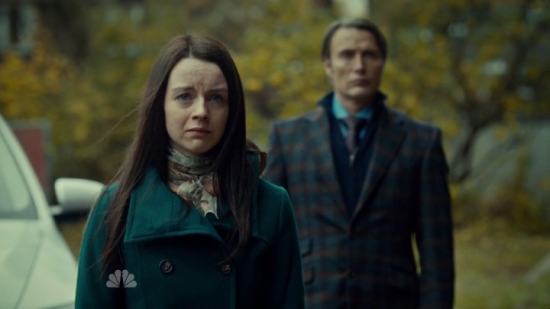
In the final installment of a limited series on NBC's gothic horror program Hannibal, Allison McCracken focuses on character Abigail Hobbs, who has become a prominent figure among the program's feminist fan communities.
Read more »

In the final installment of a limited series on NBC's gothic horror program Hannibal, Allison McCracken focuses on character Abigail Hobbs, who has become a prominent figure among the program's feminist fan communities.
Read more »

The newly rebranded GeekyCon fan convention struggles to reconcile commerce and community, negotiate the inclusion of more white (cis) men in a heretofore female/queer environment, and create a "positive" fan environment that still leaves room for dissent.
Read more »
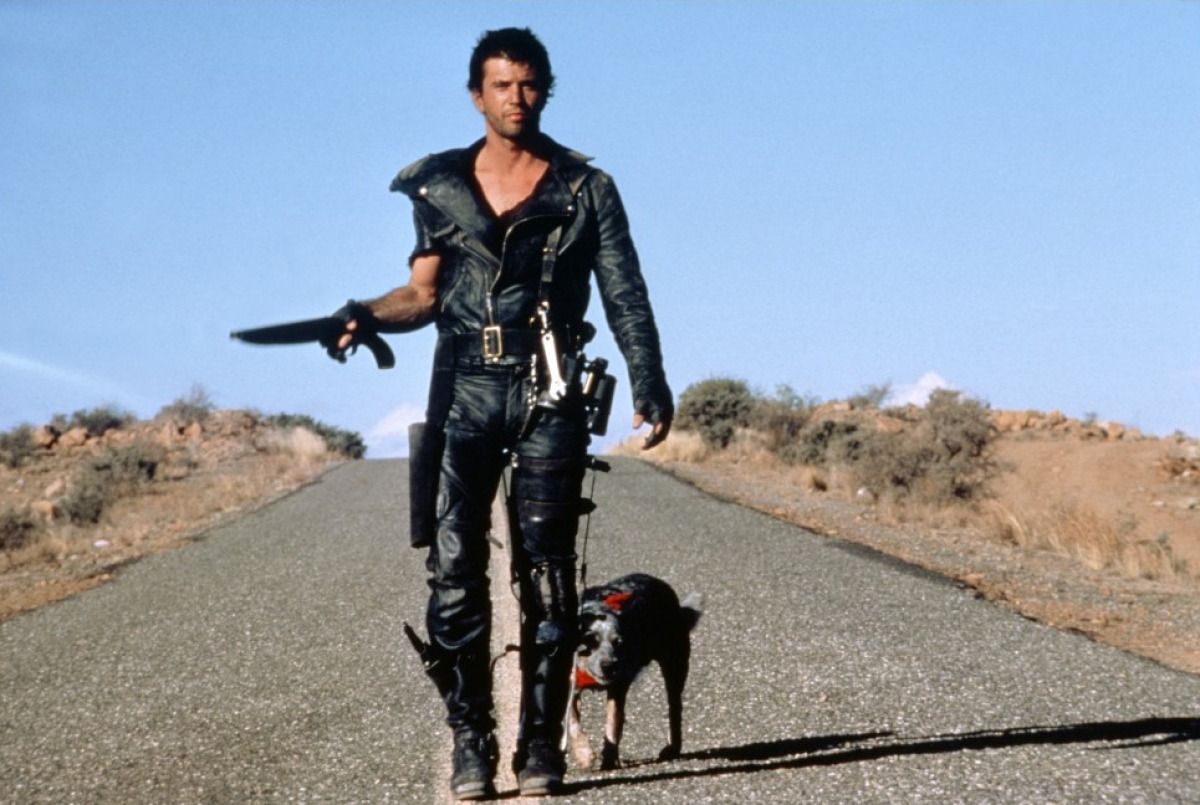
The Mad Max series continues to be a cult classic, in part because it re-appropriates the western and the road movie and redeploys them to create an environmentally catastrophic vision of a future that we could create.
Read more »
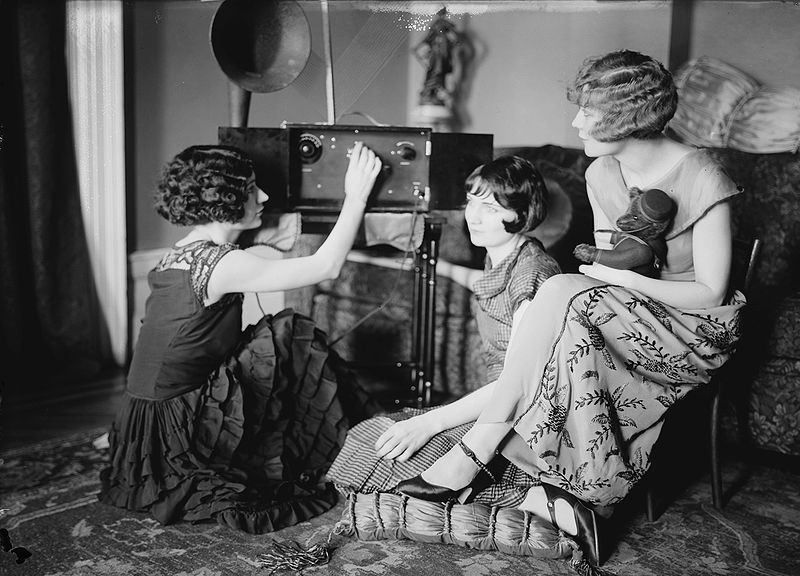
Looking beyond the content of Michele Hilmes’s work to its structure and form, Shawn VanCour discusses the larger goals and techniques of Hilmesian historiography.
Read more »

Piers Britton explores questions of representation and issues of authorship and creative control in "Avengers: Age of Ultron" and the Marvel Cinematic Universe.
Read more »
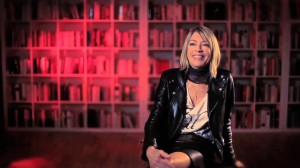
In her memoir, Girl in a Band, musician Kim Gordon addresses how fashion and music are mutually constitutive outlets for creative expression and feminist critique.
Read more »
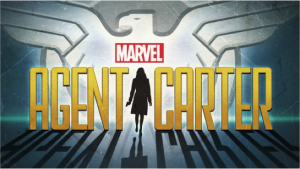
Marvel’s Agent Carter’s has been the center of many feminist critiques since its premiere earlier this year. Some praise the show as a victory for feminists and female fans, since Peggy Carter is the first female protagonist in Marvel’s Cinematic Universe franchise, while others criticize it for its blatantly obvious feminist messages. While I do...
Read more »
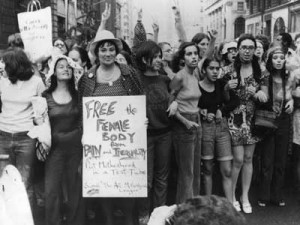
Critical feminist approaches to anorexia have become increasingly visible as an area of academic study since the late 1970s. Such approaches have done much to question and critique the ideological nature of medical conceptions of the "eating disorder," but they continue to raise questions about how to "give voice" to those who suffer from...
Read more »

New experts are needed to find and listen to music online, and gender is key to what is considered expertise in the field of music and media technology.
Read more »

We have been to three girl-focused cons this summer and fall: LeakyCon, DashCon and GeekGirlCon. These cons are non-profit, largely run by volunteers, and provide alternative geeky spaces to male-dominated cons. These cons extend the work of social media such as Tumbr by providing safe public spaces where feminist, feminine, and queer young people can...
Read more »
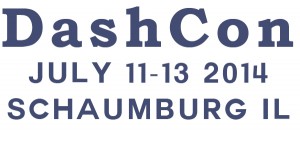
Beyond the negative discourse generated by the recent DashCon convention are the con's more neglected, productive aspects for female and queer youth.
Read more »
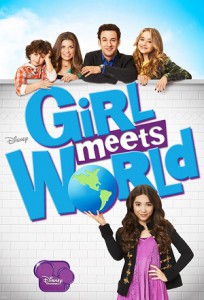
The transition from Boy Meets World to Girl Meets World reflects changes in both the children's television landscape and cultural attitudes toward sexual harassment and girls' sexual autonomy.
Read more »
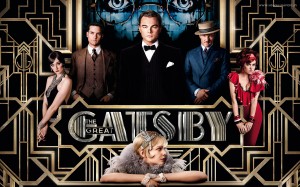
The female voices on The Great Gatsby's soundtrack channel the hard-won feminist power of past generations.
Read more »
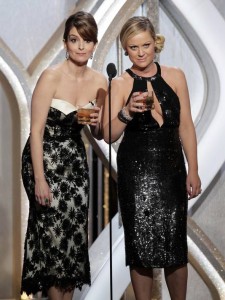
Amy Poehler and Tina Fey's co-hosting of the 2013 Golden Globes was one in a number of prominent moments for women at this year's awards ceremony. Some might be tempted to claim that the event helped raise the banner for women. Not so fast.
Read more »
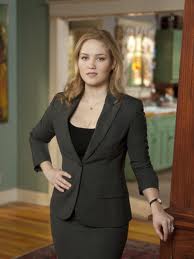
It has been a really hard fall for a feminist TV lover. Problems abound with both the character of Julia Braverman-Graham of Parenthood, and Mindy Kaling's character on her new show, The Mindy Project. But nothing–nothing–has exceeded my disappointment more than the transformation of Up All Night.
Read more »